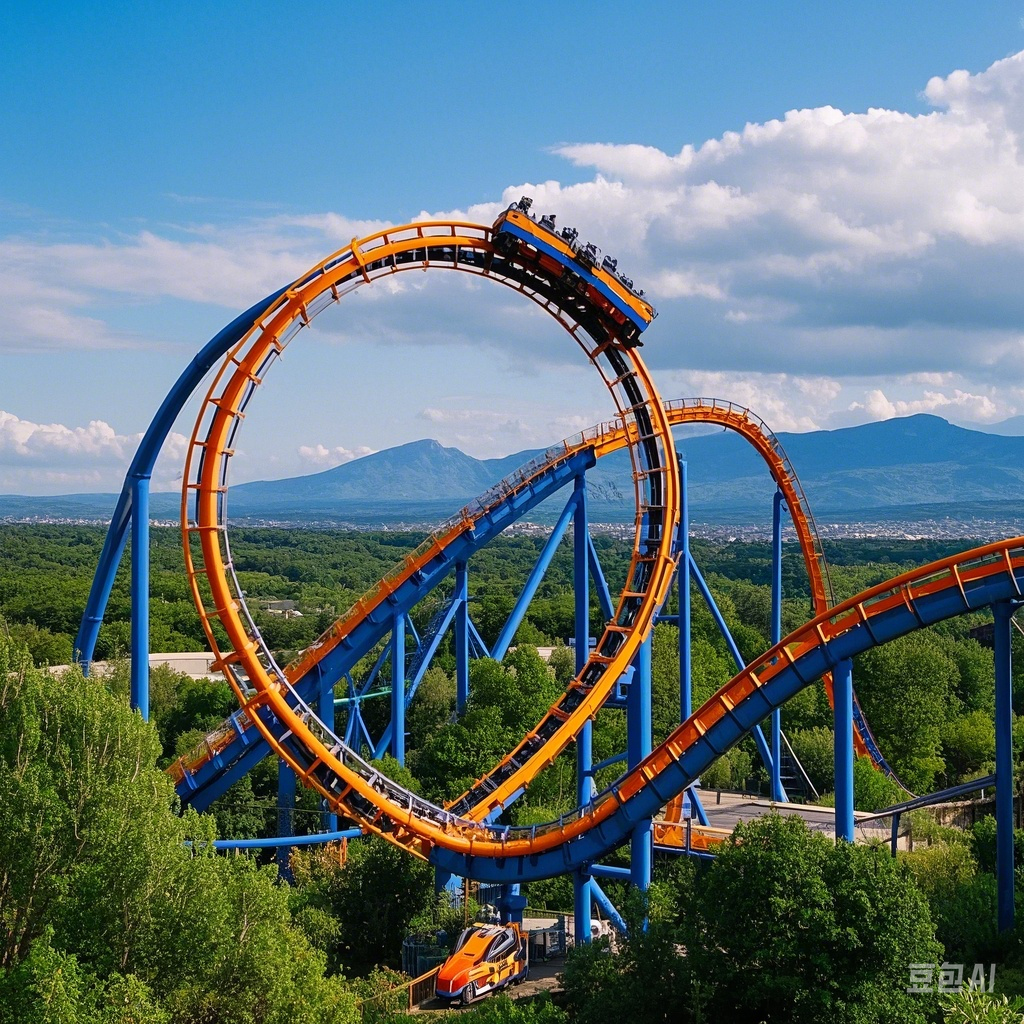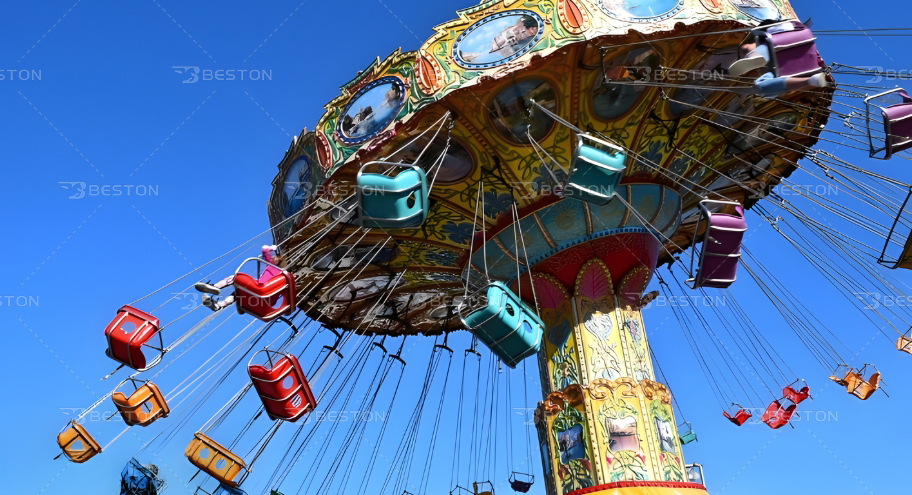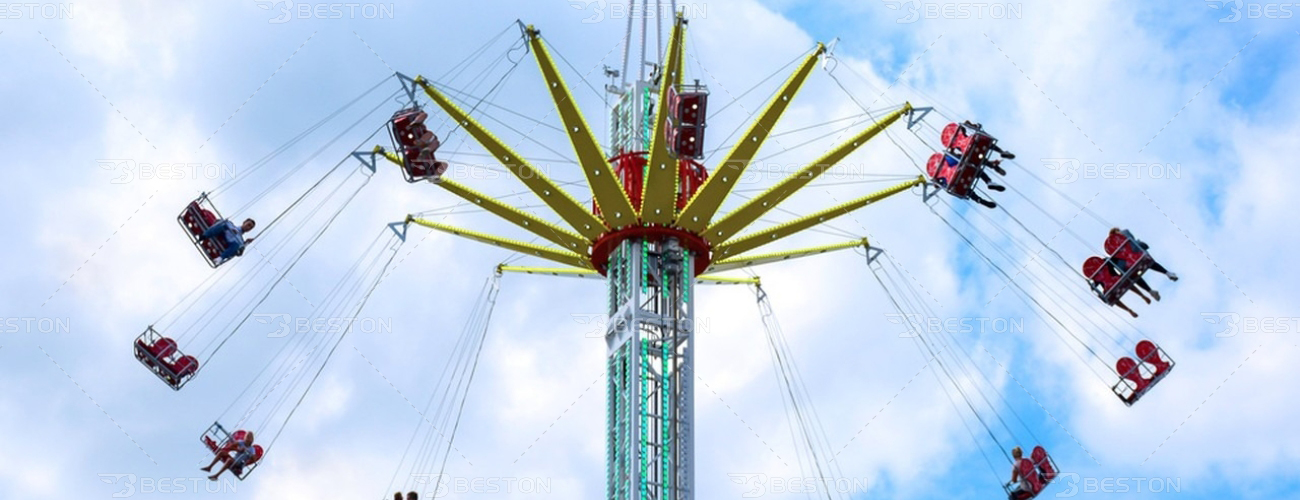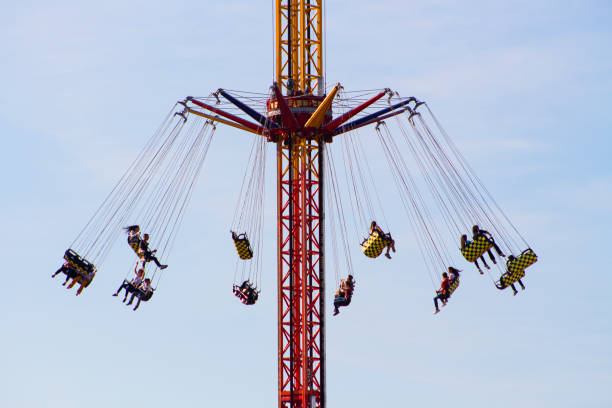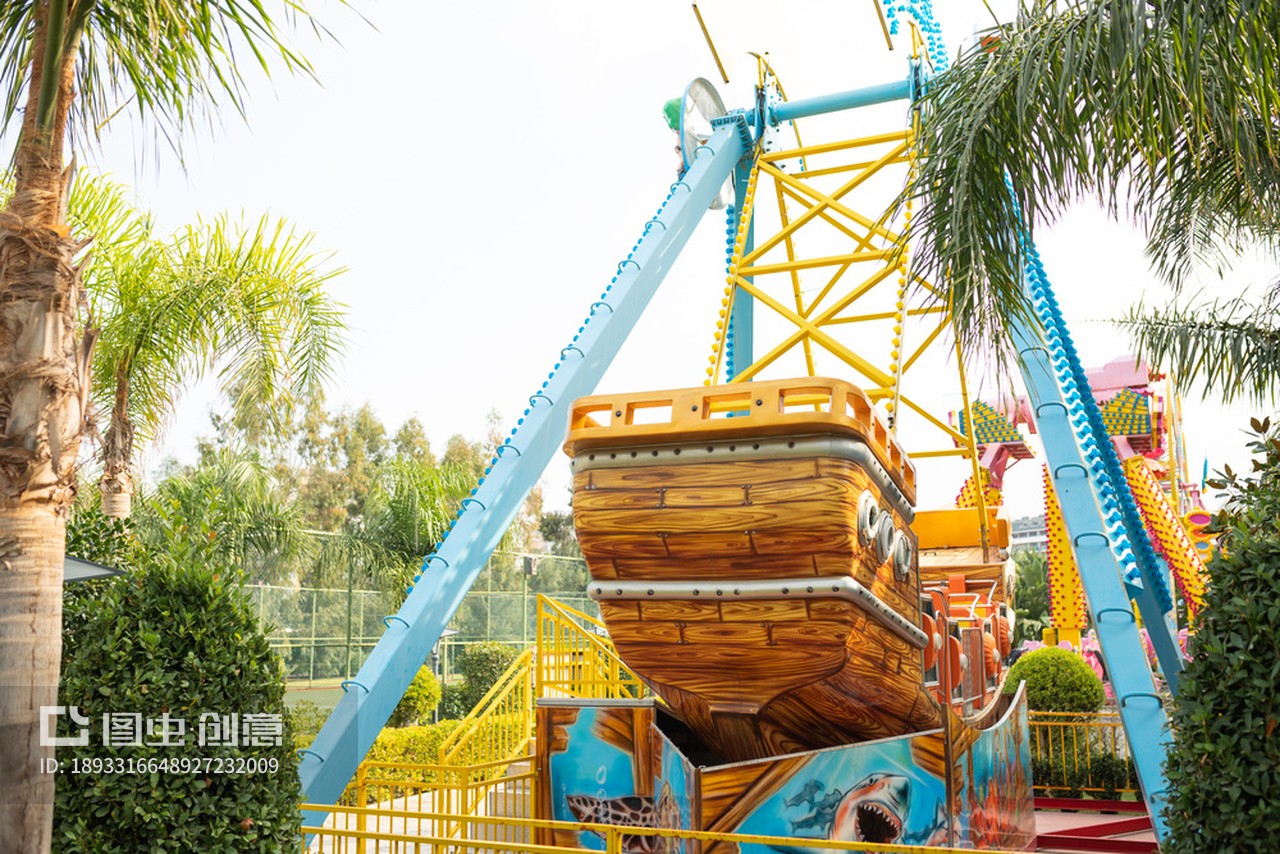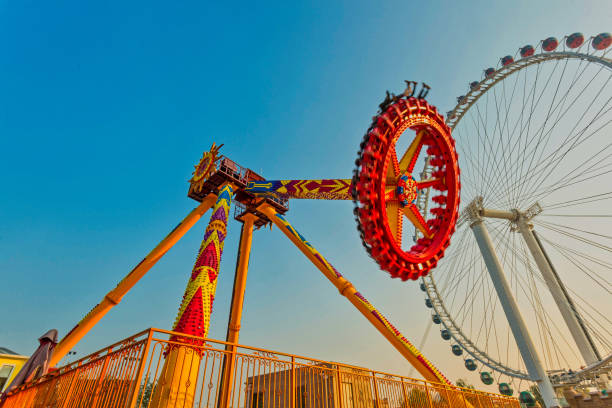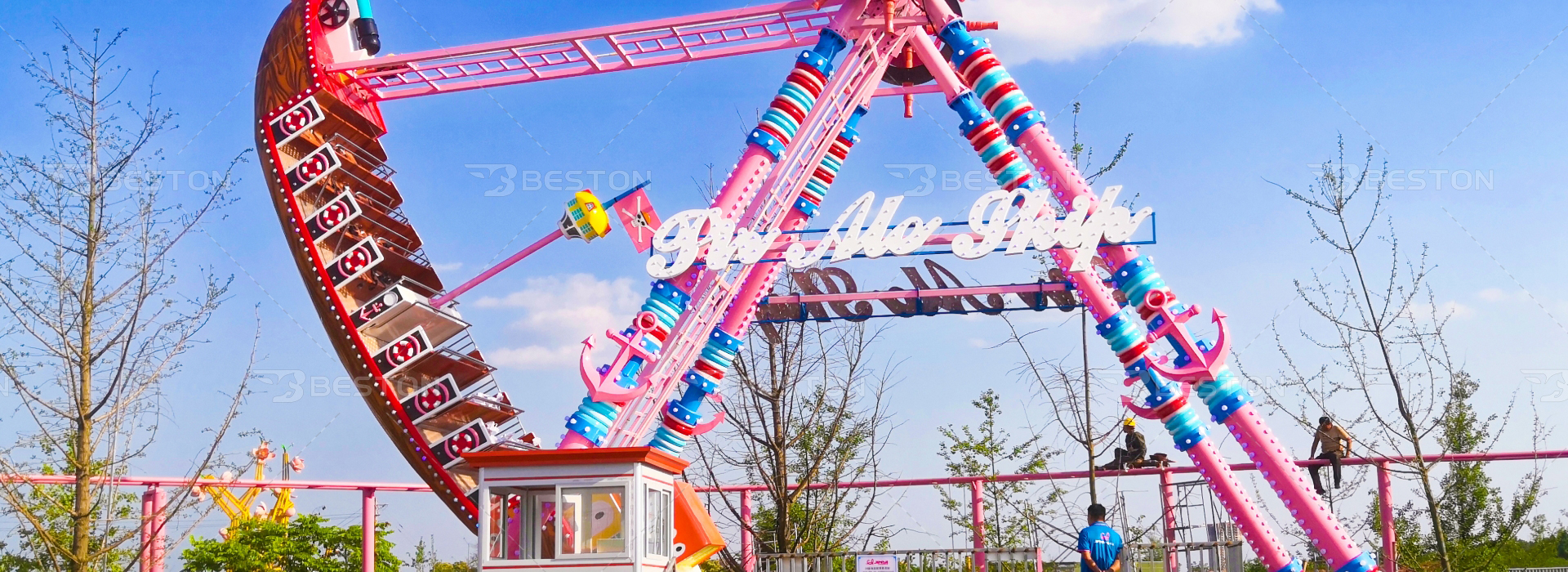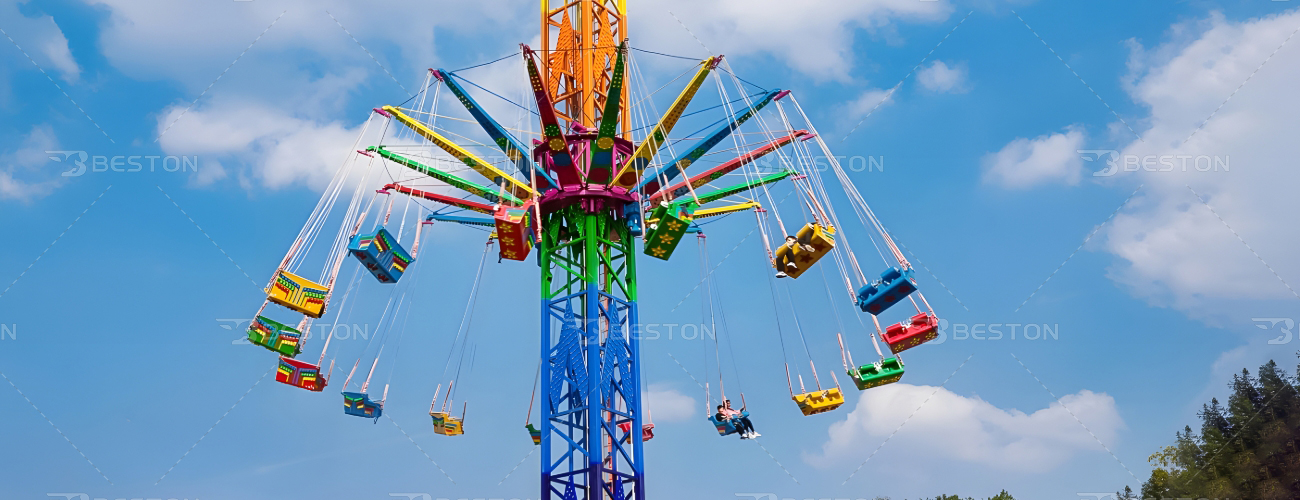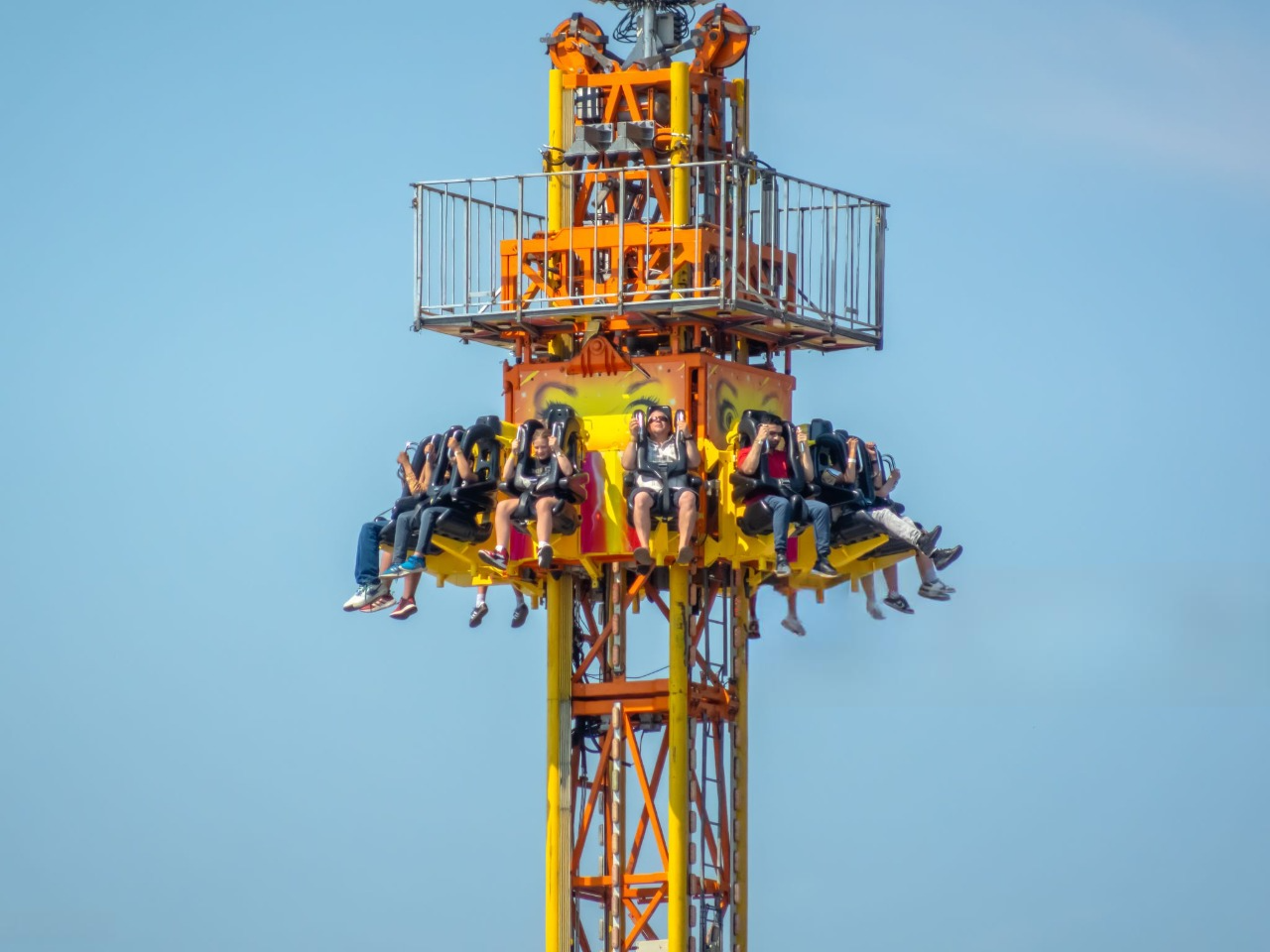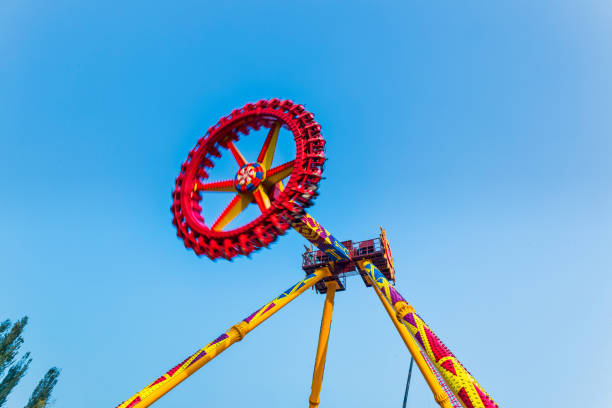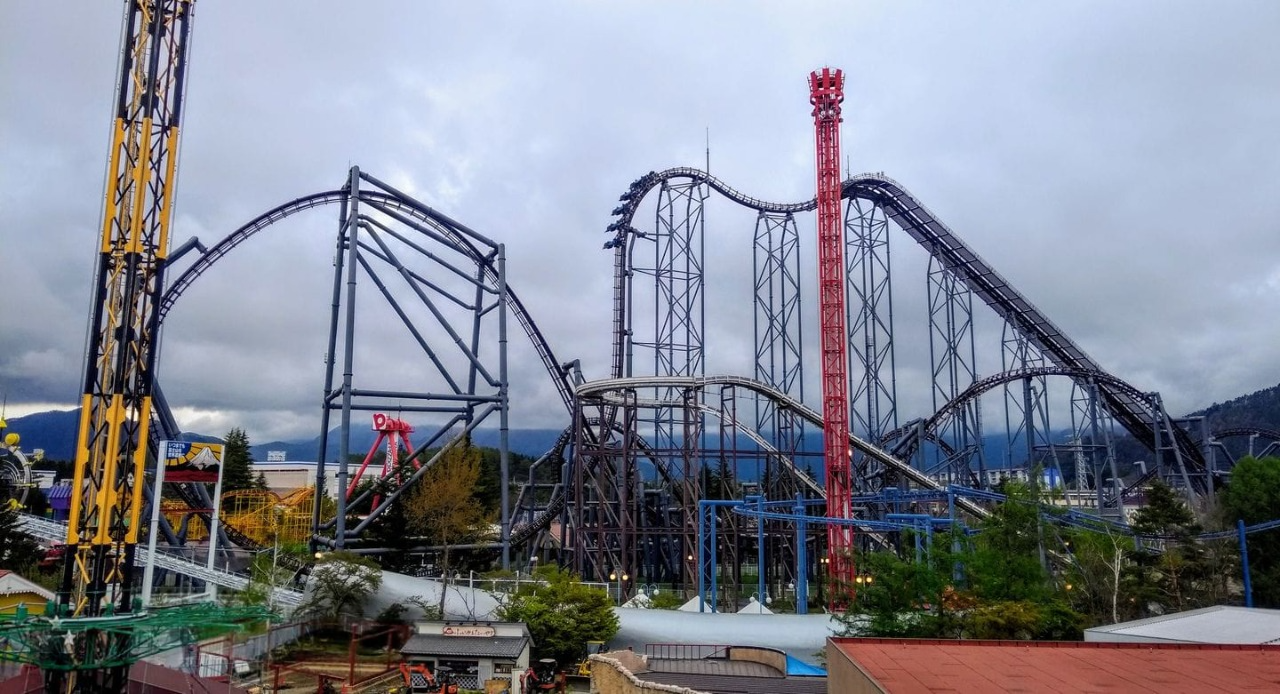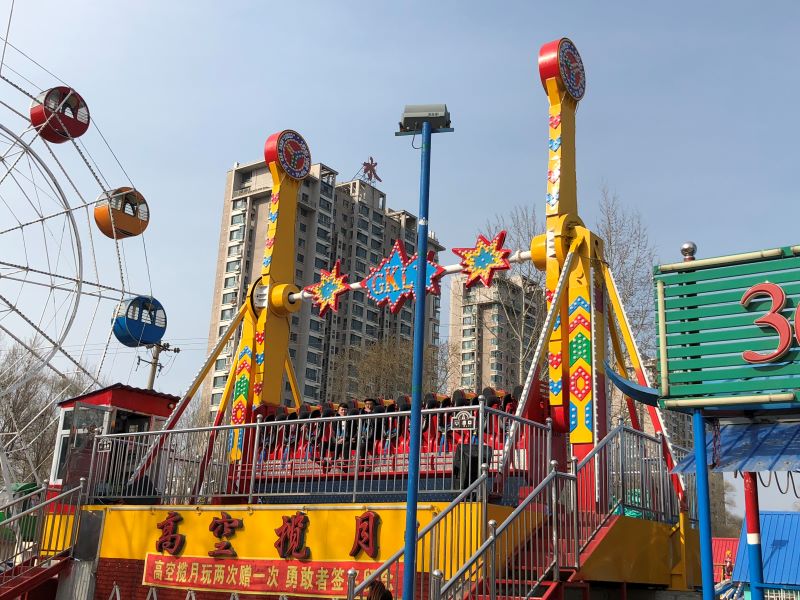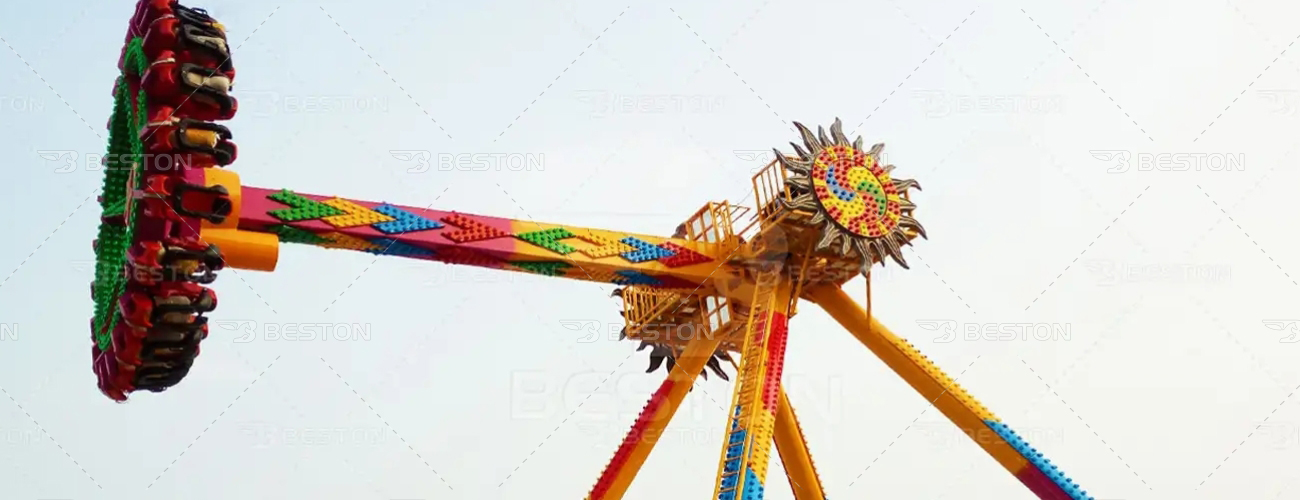The global amusement industry is a dynamic field where cultural preferences, historical influences, and regional tastes play a crucial role in shaping the development and success of thrill rides. While the core appeal of thrill rides remains universal—providing exhilarating experiences—how these attractions are designed, marketed, and operated varies significantly from one country to another. In order to meet the diverse cultural needs and expectations of international visitors, amusement parks must adapt their offerings, ensuring they resonate with local sensibilities while maintaining the thrill factor.
Cultural Influences on Ride Preferences
Cultural context has a profound influence on the type of thrill rides that are popular in different regions. The concept of fun and excitement, while global, is shaped by cultural norms, values, and even the level of comfort a society has with extreme experiences. In some regions, intense and daring rides like roller coasters are in high demand, while in others, a preference for family-oriented or less intense experiences might prevail.
For example, in North America and parts of Europe, roller coasters remain one of the most iconic and sought-after attractions. These rides, which often involve high-speed drops, sharp turns, and inverted loops, cater to a culture that embraces adventure, thrill, and an almost competitive quest for the ultimate adrenaline rush. The roller coaster price in these regions can be substantial due to the demand for innovative designs, advanced safety features, and the integration of complex technologies that enhance the ride experience.
In contrast, countries with more conservative cultural attitudes towards risk and safety may lean toward thrill rides that provide excitement without pushing the limits of personal safety. In such cultures, rides are often designed with a focus on enjoyment rather than pure adrenaline. This could manifest in more restrained yet immersive experiences, which take into account cultural perceptions of risk and personal safety.
The diversity in ride preferences stems not just from cultural views on thrill, but also from technological advancements and the availability of resources. As countries develop economically, their ability to invest in high-tech thrill rides like roller coasters increases, leading to a market that demands more sophisticated and expensive attractions.

Ride Design and Adaptation
Ride design plays a critical role in adapting to regional cultural differences. For example, while the fundamental design of a roller coaster remains largely consistent—incorporating high speeds, sharp turns, and gravity-defying drops—its aesthetic and experience are often tailored to fit regional preferences. The roller coaster price is reflective of the complexity of the ride's design and the cultural significance of the experience. In areas where customers are willing to pay a premium for cutting-edge technology, the ride can incorporate additional features like virtual reality, 3D effects, or themed storylines that resonate with local cultures.
In regions where thrill-seekers are drawn to more extreme experiences, operators may opt for rides that challenge conventional boundaries, such as ultra-high-speed roller coasters with vertical drops or 360-degree rotations. These designs are suited to cultures where people tend to embrace risk and seek out new experiences as a form of personal growth or social bonding. Conversely, in cultures where risk is perceived as something to be avoided, these extreme designs might be modified or substituted with milder experiences that still deliver excitement but without crossing cultural boundaries.
Another example of adapting to cultural needs can be seen in pendulum swing rides. In many parts of the world, a pendulum swing ride is a highly popular attraction because it combines high-speed swings with a sense of weightlessness, creating an experience that is thrilling but not necessarily overwhelming. The basic design of a pendulum swing is universal, but the intensity of the ride can be adjusted to match local preferences. In countries that prefer more moderate thrills, the swing may be designed with lower arcs and slower swings, providing an enjoyable yet less intense experience. On the other hand, in regions where thrill-seekers expect higher intensity, the swing ride can be engineered to reach greater heights and faster speeds, providing a more extreme sensation that caters to a more adventurous audience.
Furthermore, the incorporation of cultural themes or local narratives into ride design can greatly enhance a ride's appeal. In countries where mythology, folklore, or historical themes are deeply embedded in the cultural fabric, thrill rides are often designed to reflect these elements. Themed roller coasters, for instance, might incorporate local legends or cultural symbols, enhancing the storytelling aspect of the ride while simultaneously respecting the values and traditions of the local population. This not only makes the ride more relatable but also ensures it aligns with local sensibilities.
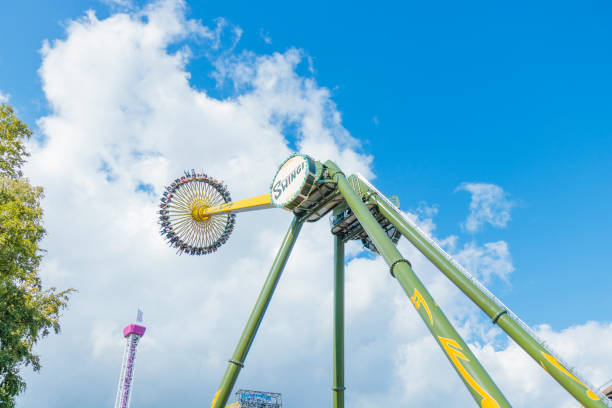
Safety and Comfort: A Cultural Perspective
The safety features of thrill rides are also influenced by cultural attitudes toward risk and safety. For instance, some cultures have a more risk-averse approach to safety and place high importance on thorough inspections, certifications, and safety regulations. In these regions, there may be stricter regulations governing ride operations and safety standards, which influence the design and operational processes of rides.
In contrast, thrill-seekers in countries with more relaxed safety regulations may be more willing to tolerate certain risks for the sake of an enhanced experience. However, this does not mean that ride manufacturers and operators overlook safety entirely. Rather, they may focus on ensuring the thrill element is maintained while still meeting or exceeding the minimum safety standards required by local laws.
The level of comfort that visitors expect during their thrill ride experiences can also vary. In some countries, there is a greater demand for rides that combine excitement with comfort, featuring plush seating, smooth ride operations, and multi-sensory experiences that engage riders beyond just the physical thrill. This is particularly true in regions with higher standards of living, where visitors may expect a higher level of luxury and convenience during their entertainment experiences.
For example, the design of a pendulum swing ride in a region that values comfort and relaxation might include more cushioned seating and slower, less jerky motions. In contrast, in cultures that prioritize the thrill above comfort, the same ride might feature faster speeds and more aggressive swinging actions, focusing solely on the adrenaline rush without as much emphasis on luxury or comfort.
Cultural Sensitivity and Market Research
Before launching a new thrill ride in a foreign market, manufacturers and amusement parks must conduct extensive market research to understand the cultural landscape and determine what types of experiences are most likely to succeed. Factors such as demographic trends, cultural values, spending power, and attitudes toward risk all play a significant role in shaping the types of rides that are introduced in a specific region.
Additionally, market research helps identify specific preferences regarding ride themes, music, and even the psychological impact of certain ride experiences. For example, in some cultures, themes of horror or fear may be highly popular, while in others, rides with light-hearted or family-friendly themes may be preferred. This research enables operators to fine-tune their offerings to ensure maximum appeal, taking into account the unique characteristics of each market.
Conclusion
Adapting thrill rides to the cultural needs of different countries is a complex and multifaceted process that involves not only understanding regional preferences but also designing rides that balance excitement, safety, and comfort. The application of these principles in the development of roller coasters, pendulum swing rides, and other attractions ensures that parks can offer thrilling experiences tailored to the tastes and expectations of local audiences. By embracing cultural diversity and designing rides that resonate with global visitors, amusement parks can enhance the visitor experience and drive the continued growth of the amusement industry.
